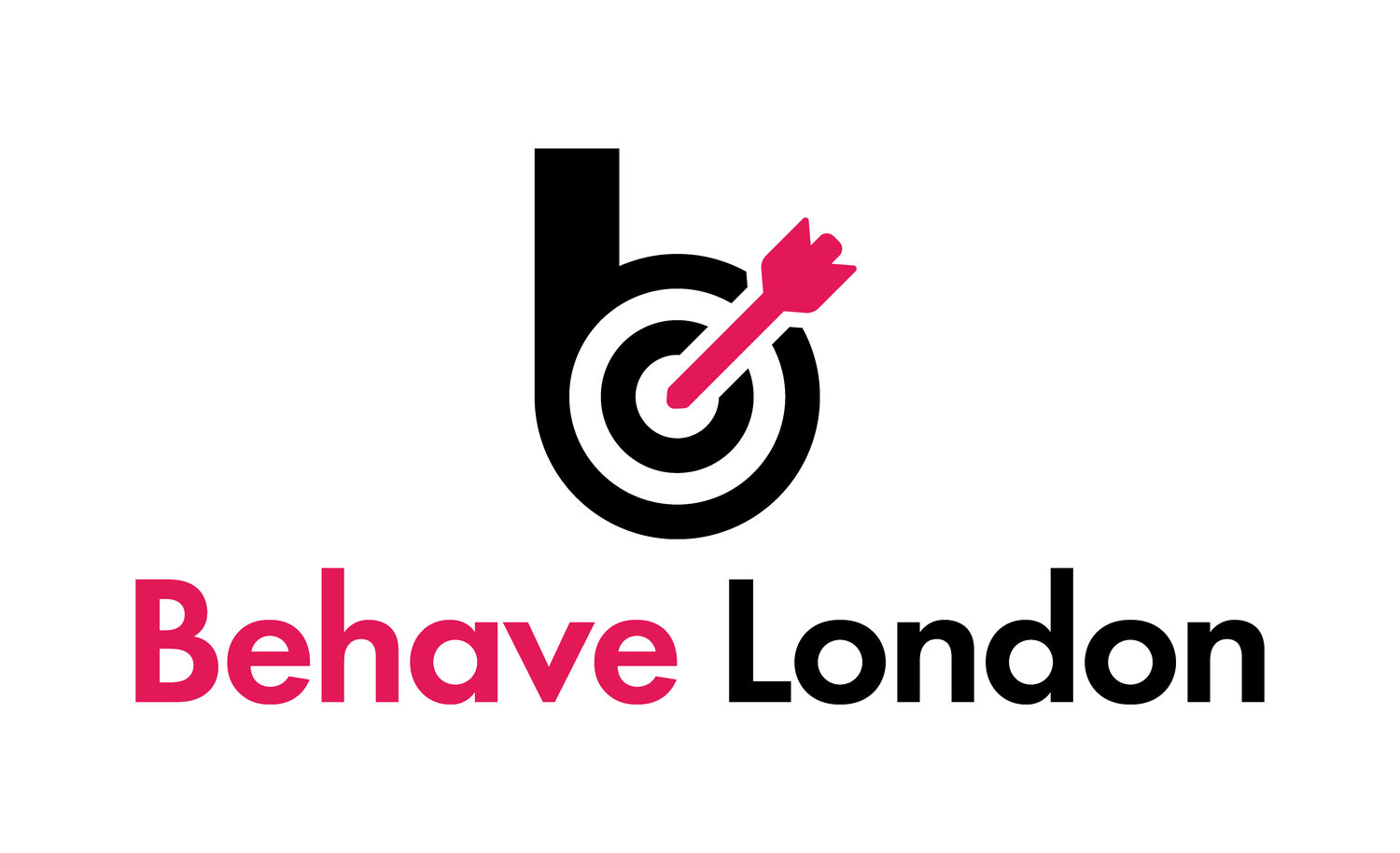Why your thumb helps you make good decisions
There’s a fancy word that comes from Greek - meaning “to find” or “discover”. It’s called heuristics. Because this word makes me lisp, I avoid it. Luckily, someone translated this lispy word into a catchy phrase – rule of thumb.
What is a thumb rule? Something simple enough for you, me and even that annoying colleague you suspect is an alien life-form, to remember. It’s not intended to be strictly accurate, or even reliable in every situation.
What it is intended to do, is HELP.
It might be the health police telling you to
• Eat 5 a day.
Or catering advice
• A portion of rice is two handfuls
Hang on, maybe that’s a hand rule. No, I’m distracting myself. If I had my own rules of thumb they would be:
• Never date someone who is rude about all their exes
• If you’re on first date and they are on their 5th martini in an hour, run.
I digress.
There are however rules of thumb which can be incredibly useful if given a behavioural tweak.
This incredibly sensible advice:
“pay your most expensive debt first”
Becomes, after a behavioural tweak:
“pay your smallest debt first – and the minimum on the others”
This isn’t rational. Or is it? It is, or course, rational to pay the most expensive debt first. So if you’ve got £300 to throw at your debts each month, then it makes sense. Except, humans aren’t rational. We’re EMOTIONAL. And as such we get comfort from simple things, like ratio.
WHAT DO YOU MEAN, RATIO?
Reducing the number of our debtors from 4 to 3 gives us comfort. It makes us feel we’re progressing towards the goal, one dodgy credit card at a time. So paying your smallest debt first means you quickly progress – if you owe £900 on the small debt – you’re free in 3 months. This is called a debt-snowball. It gives you a feel of progress, of ticking things off, movement.
Another one when saving for retirement is:
Divide your age by two, and that’s the percentage of your salary you should be saving.
Why? Because cheeky compound returns will help you over time. That’s why the 20 year old can save 10%. But the 40 year old? Ouch. It’s going to cost you 20%.
But you’re probably not going to listen to me. Why?
Overconfidence!
You, and me, we systematically overestimate
our knowledge
and
our ability to predict, on a massive scale.
Unless we actually know the outcome (like those naughty FIFA officials), quite often our guesses are woeful. The overconfidence effect does not look at whether single estimates are correct or not. Instead, it measures the difference between what you and I really know and what we think we know.
Entertainingly, experts suffer even more from the overconfidence effect than your average Joe Blogs.
“Space travel is utter bilge. “
- Dr. Richard van der Reit Wooley, Astronomer Royal, space advisor to the British government, 1956. (Sputnik orbited the earth the following year.)
"Rail travel at high speed is not possible because passengers, unable to breathe, would die of asphyxia."
- Dr. Dionysus Lardner (1793-1859), Professor of Natural Philosophy and Astronomy at University College, London.
"That the automobile has practically reached the limit of its development is suggested by the fact that during the past year no improvements of a radical nature have been introduced."
- Scientific American, Jan. 2, 1909.
"[Television] won't be able to hold on to any market it captures after the first six months. People will soon get tired of staring at a plywood box every night."
- Darryl F. Zanuck, head of 20th Century-Fox, 1946.
That’s all from me. It's Monday, so it's time for me to embark on a week of healthy eating, no drinking, no cake, no coffee, and lots of exercise. Ask me how I got on next week, I'm feeling soooo confident - but let's make it a fair trade -
only ask me right after you’ve increased your pension contributions!

